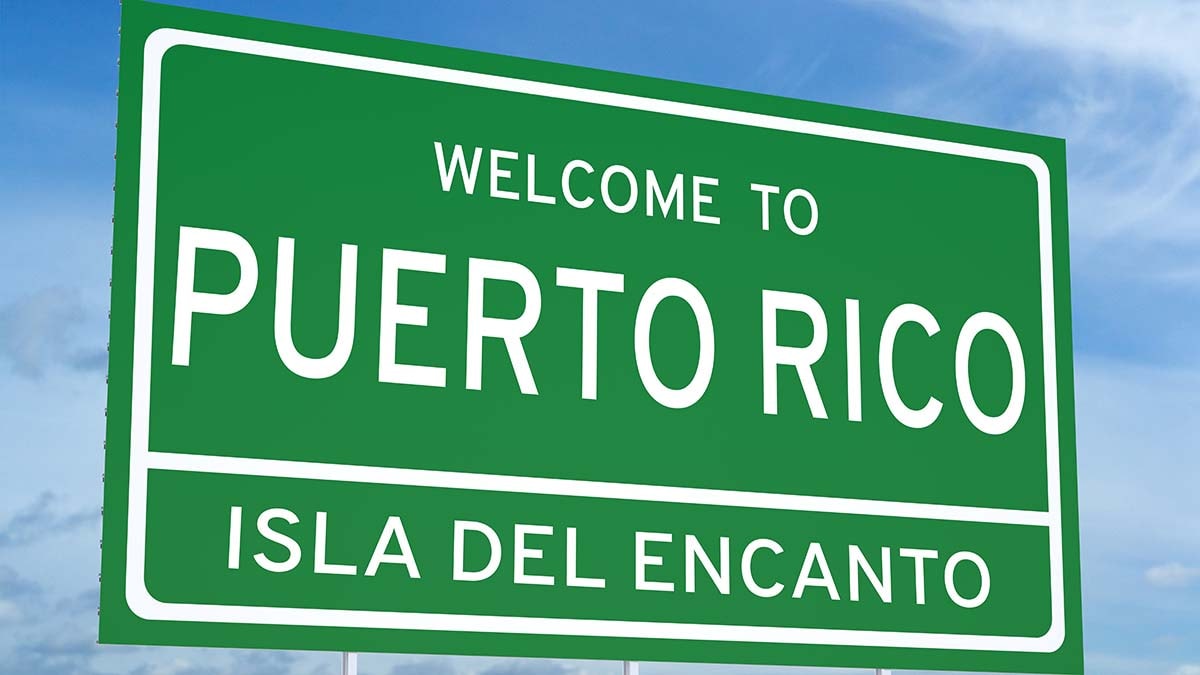At a glance
CDC supports Puerto Rico and other state and local health departments, or their bona fide agents, through cooperative agreements to support childhood lead poisoning prevention activities. Read about the program's successes.

About the program
The United States territory of Puerto Rico received $515,000 through cooperative agreement EH21-2102 from the Centers for Disease Control and Prevention (CDC) in the third funding year. The funds address childhood lead poisoning prevention and surveillance programmatic activities being conducted from September 30, 2023, to September 29, 2024.
The strategies focus on:
- Ensuring blood lead testing and reporting
- Enhancing blood lead surveillance
- Improving linkages to recommended services
To learn more about these efforts in Puerto Rico, contact the program below.
Puerto Rico Department of Health
Centro Médico Norte
Calle Periferial Interior
Bo. Monacillos Río Piedras, PR
Phone: 787-765-2929
Note:
Success story: funding year 3
Establishing partnerships in Puerto Rico to prevent childhood lead poisoning
Challenge
Lead poisoning is almost an unknown topic in Puerto Rico. As part of establishing the first lead surveillance system in Puerto Rico, a group of subject matter experts was needed to provide input on how to manage lead exposure and health effects in children.
Intervention
In June 2022, partners met during the Puerto Rico Childhood Lead Poisoning Prevention Program's (PRCLPPP) first Lead Advisory Committee meeting. Partners such as governmental agencies, programs and divisions, entities, and health professionals were chosen for their contribution value. The roles in which they excel were discussed so that they could understand the importance of their work, provide their input, and help raise awareness of children with lead poisoning.
With the collaboration of the American Academy of Pediatrics Puerto Rico Chapter, PRCLPPP provided a workshop to educate pediatricians island-wide to ensure their knowledge about lead testing, preventive services during early childhood, and children's clinical management after identification with lead poisoning. Other collaborative activities involved lead risk assessment and inspection in public housing. Referrals were sent to the Puerto Rico Department of Housing to take action to reduce risk exposure in children.
PRCLPPP also issued developmental evaluation referrals to an early intervention program, Avanzando Juntos, for children 3 years old or younger. To address children's nutritional deficiencies, referrals for evaluation and management were sent to Puerto Rico's Women Infants Children Program. Other efforts included clinical management recommendations to pediatricians, meetings with clinicians and stakeholders to evaluate their needs, and educational outreach and workshops.
Impact
By the end of September 2023, 16 agencies and programs were actively involved in providing input to ensure changes, sustainability, and action. A total of 187 pediatricians were educated for lead poisoning prevention and clinical management. Eleven cases (91% of children with lead poisoning) were referred to evaluate possible housing lead hazards, 27 (72% of children with lead poisoning) for early intervention, 60 (72% of children with lead poisoning) for nutritional services, and 68 clinical management recommendations (68% of children with lead poisoning) to pediatricians.
Funding for this work was made possible in part by 1NUE2EH001415-01-00 from the Centers for Disease Control and Prevention (CDC). The views expressed in this material do not necessarily reflect the official policies of CDC; nor does mention of trade names, commercial practices, or organizations imply endorsement by the U.S. Government.
Success story: funding year 2
Establishing a childhood lead poisoning prevention program in Puerto Rico
Challenge
Social determinants of health can play a key role in the risk of lead exposure. About 41% of Puerto Ricans live below the poverty line, and 55% of housing units were built before the 1978 ban on lead paint in residential housing. Puerto Rico (PR) faces extreme climate events, such as hurricanes and seasonal floods. These result in housing infrastructure deterioration that can increase the risk of lead exposure.
Before 2021, reports of blood lead tests in children were low. An average of 7,300 children with blood lead tests (5% of children under 6 years old) were reported in 2019 and 2021 in PR. Implementing a lead surveillance system in PR would help healthcare providers report cases of childhood lead poisoning. Outreach was also needed to educate the public, parents and caregivers, healthcare providers, and partners about lead exposure, prevention, and the importance of blood lead testing.
Intervention
In September 2021, the PR Department of Health (PRDOH) established a comprehensive childhood lead poisoning prevention and surveillance program for children with a blood lead level above 3.5 µg/dL. PRDOH collaborated with 14 key partners, including the U.S. Environmental Protection Agency, the PR Women, Infants and Children Program, the PR Department of Housing and Urban Development, and the American Academy of Pediatrics' PR Chapter. These partners formed a Lead Advisory Committee to ensure changes, sustainability, and action. Furthermore, parents and caregivers are being educated on lead poisoning prevention, potential sources of lead exposure (residence, hobbies, or occupations), and how to track a child's developmental milestones. Also, the PRDOH system uses social media to share information about recalls of lead-contaminated products.
Impact
Following the implementation of the surveillance system in late 2021, blood lead tests among children had a two-fold increase resulting in 16,245 reports (11% of children younger than 6 years old) in 2022.
Funding for this work was made possible in part by 1NUE2EH001415-01-00 from the Centers for Disease Control and Prevention (CDC). The views expressed in this material do not necessarily reflect the official policies of the CDC; nor does mention of trade names, commercial practices, or organizations imply endorsement by the U.S. Government.
